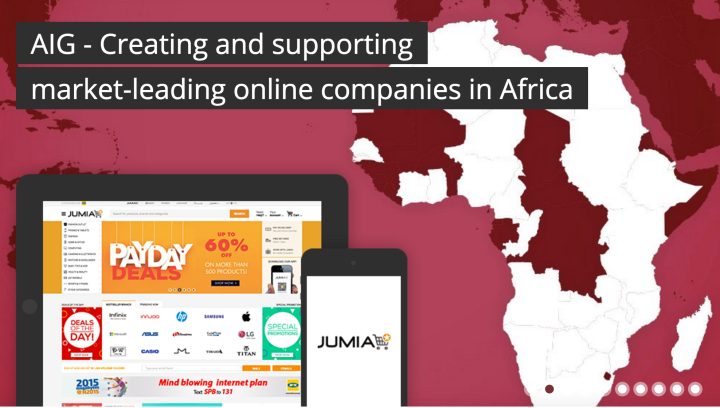
Africa’s very first billion-dollar company isn’t a ride-sharing service, a social media platform, or part of the on-demand industry. Rather, this four-year-old wonder has built its success by helping others, bringing an entire continent into the 21st century. The Africa Internet Group (AIG), founded in 2012, has come a long way since its inception, and currently operates 71 companies across 26 countries in industries extending from online retail to real estate to a P2P lending marketplace. And now, it’s Africa’s first unicorn, and has garnered yet another significant investment from a major company — this time in the form of $85 million from French mobile giant Orange.
AIG has maintained a crucial role in shaping Africa’s e-commerce identity in the last several years, with the goal of developing “young African talent in [an] exciting and rapidly growing digital economy.” Hoping to help jump-start the next generation of entrepreneurs, AIG has expanded beyond its roots as the “African Amazon,” now boasting a total of 10 e-commerce sites operating in 23 African nations, all stemming from Nigerian-based Jumia. And given Orange’s influence in the mobile space, another high-potential market in Africa, its investment may help further AIG’s multiple businesses, perhaps by offering reduced or free data to certain customers.

